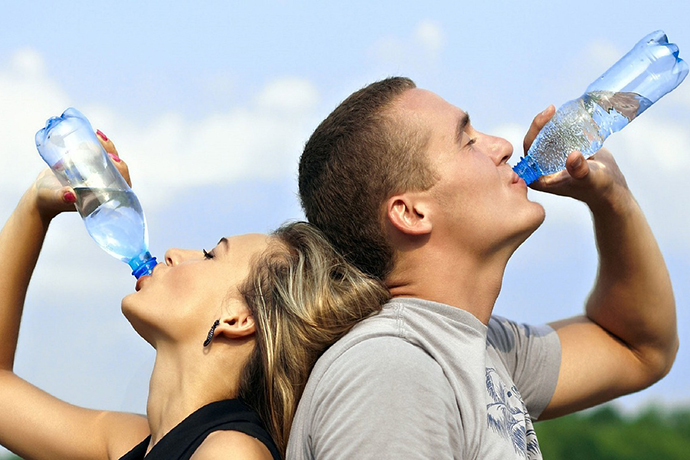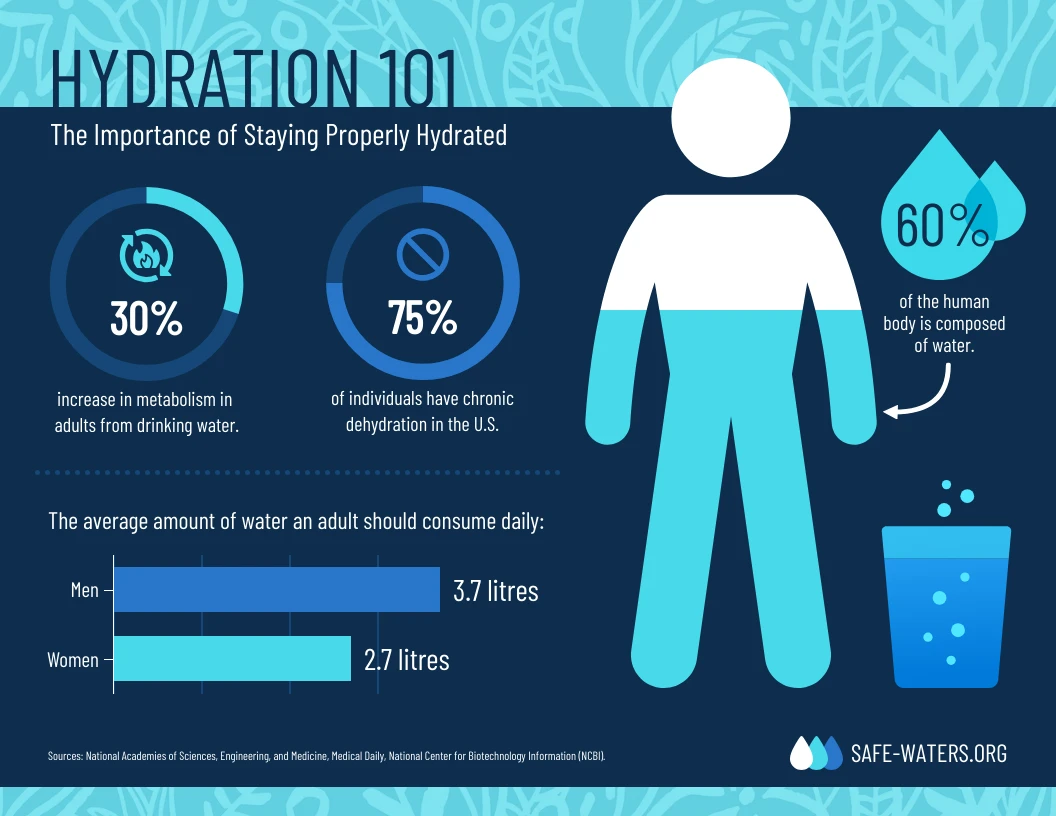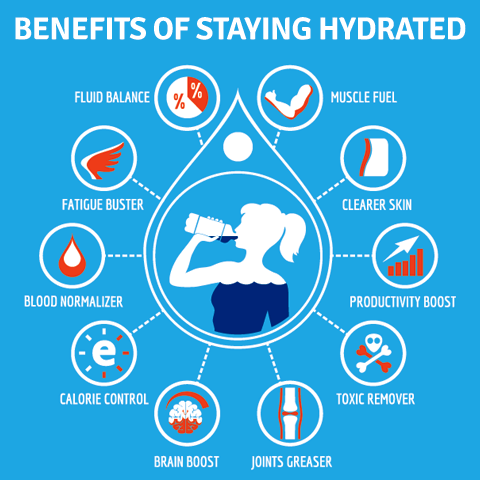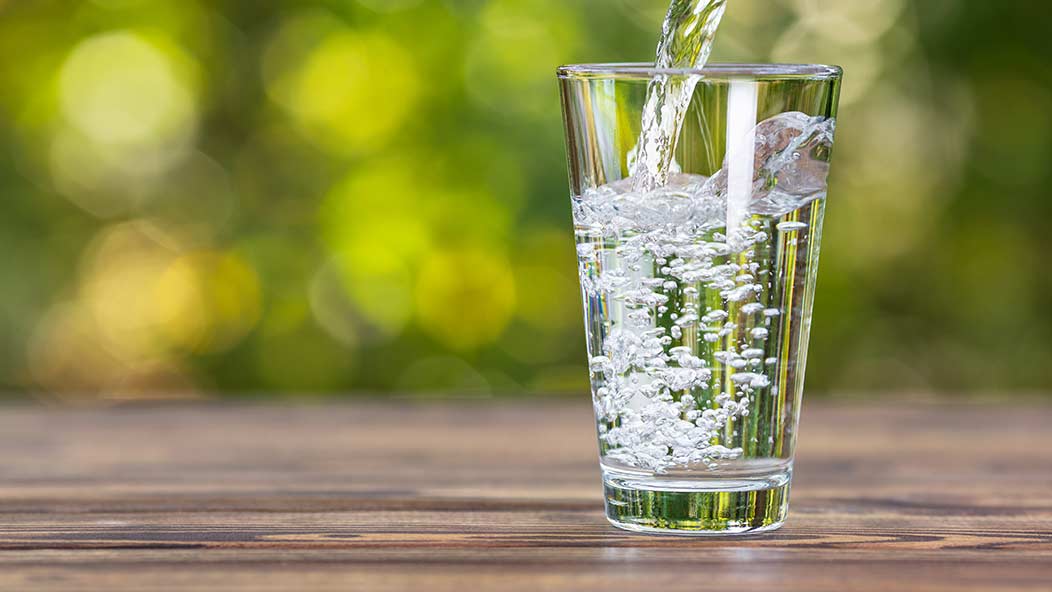Title: Hydration for Athletes: Strategies for Optimizing Performance and Recovery
Introduction:
Proper hydration is essential for athletes to maintain optimal performance, support recovery, and prevent dehydration-related complications during training and competition. Fluid balance plays a critical role in regulating body temperature, delivering nutrients to cells, and removing waste products from the body. Dehydration can impair physical and cognitive function, increase the risk of heat-related illnesses, and hinder athletic performance. By implementing effective hydration strategies, athletes can maximize their potential, enhance endurance, and promote overall well-being. Let’s explore strategies for optimizing hydration to support peak performance and recovery in athletes.
1. Pre-Exercise Hydration:
Hydrating adequately before exercise is crucial for optimizing performance and preventing dehydration during physical activity. Aim to drink fluids gradually in the hours leading up to exercise to ensure adequate hydration status. Focus on consuming water or a sports drink containing electrolytes to replenish fluids and electrolytes lost through sweating. Monitor urine color and volume as a general indicator of hydration status, aiming for pale yellow urine output.
2. During-Exercise Hydration:
Maintaining hydration during exercise is essential for sustaining performance, regulating body temperature, and preventing dehydration. Drink fluids regularly throughout exercise, aiming to replace fluid losses and maintain hydration levels. The American College of Sports Medicine (ACSM) recommends consuming 5-10 ounces of fluid every 15-20 minutes during exercise, adjusting intake based on sweat rate, environmental conditions, and individual hydration needs. Choose sports drinks containing electrolytes and carbohydrates for prolonged or intense exercise lasting longer than 60 minutes to replenish electrolyte losses and provide energy for muscles.
3. Post-Exercise Hydration:
Rehydrating adequately after exercise is crucial for supporting recovery, replenishing fluid losses, and promoting muscle repair and glycogen replenishment. Consume fluids promptly after exercise to replace sweat losses and restore hydration status. Aim to drink 16-24 ounces of fluid for every pound of body weight lost during exercise to achieve optimal rehydration. Include electrolyte-rich fluids such as sports drinks, coconut water, or electrolyte-enhanced water to restore electrolyte balance and aid in fluid absorption.
4. Monitor Hydration Status:
Monitoring hydration status is essential for athletes to gauge fluid needs and adjust hydration strategies accordingly. Keep track of fluid intake, urine output, body weight changes, and signs of dehydration such as thirst, dark urine, dry mouth, fatigue, and dizziness. Develop a hydration plan tailored to individual sweat rates, exercise intensity, duration, and environmental conditions to ensure optimal hydration before, during, and after exercise.
5. Individualize Hydration Strategies:
Hydration needs vary among athletes based on factors such as body size, sweat rate, exercise intensity, duration, and environmental conditions. Individualize hydration strategies to meet the unique needs of each athlete, taking into account personal preferences, tolerance to fluids, and performance goals. Experiment with different types and amounts of fluids during training to determine the most effective hydration plan for maximizing performance and minimizing dehydration risk.
6. Consider Electrolyte Replacement:
Electrolytes such as sodium, potassium, chloride, and magnesium play crucial roles in fluid balance, muscle function, and nerve transmission. During prolonged or intense exercise, electrolyte losses through sweat can contribute to dehydration, muscle cramps, and fatigue. Consider incorporating electrolyte-rich fluids or electrolyte supplements into hydration strategies to replenish electrolyte losses and support optimal performance and recovery.
Conclusion:
Optimizing hydration is essential for athletes to maintain peak performance, support recovery, and prevent dehydration-related complications during training and competition. By implementing effective hydration strategies tailored to individual needs and exercise demands, athletes can maximize fluid balance, regulate body temperature, and sustain energy levels for optimal athletic performance. Prioritize pre-exercise hydration, maintain fluid intake during exercise, and promptly rehydrate after exercise to support hydration status and overall well-being. Monitoring hydration status, individualizing hydration strategies, and considering electrolyte replacement are key components of a comprehensive hydration plan for athletes. With proper hydration, athletes can stay hydrated, perform at their best, and achieve their athletic goals while minimizing the risk of dehydration-related issues.



